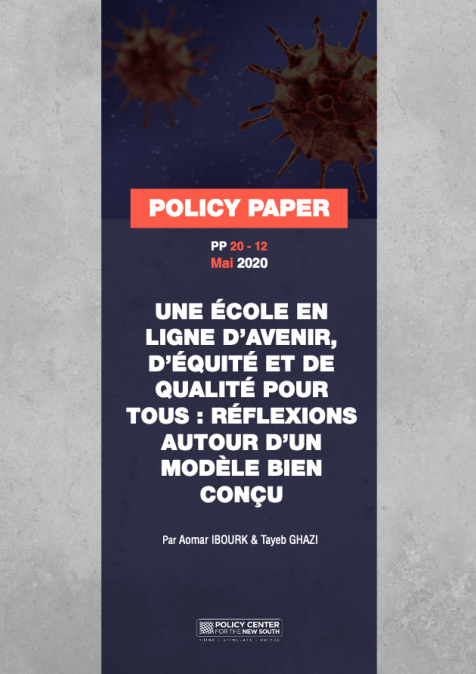Les Mardis du PCNS 13/04/2021: منصات التواصل الاجتماعي بين تعبئة الحركات الاجتماعية وتحديات صيانة...
منصات التواصل الاجتماعي: بين تعبئة الحركات الاجتماعية وتحديات صيانة البيانات الشخصية إن نمو وسائل التواصل الاجتماعي باعتبارها مصدرا فعالا للبيانات من أجل فهم بيئة المعلومات قد جعل منها أكثر أهمية من أي وقت مضى. يقتـرن تحليـل وسـائل التواصـل الاجتماعـي بتحليل مجموعــة كبيــرة مــن الجماهيــر وأفكارهــا وسلوكها وأنماط تواصلها الشيء الذي قد يحيل إلى استخلاص توجهات الرأي العام. الا أن هاته العملية لا تخلو من تحديات كصيانة المعطيات ذات الطابع الشخصي المتاحة على الانترنيت. على المستوى الاجتماعي والسياسي، كيف نفسر امكانية الشبكات الاجتماعية من كونها رافعة تجعل من الممكن "تعبئة الجماهير" في سياقات اجتماعية ومجتمعية مختلفة؟ هل هناك عوامل ومتغيرات محددة تساعدنا على فهم الديناميات المجتمعية من خلال هاته الوسائل الرقمية كالمنصات الاجتماعية، وإلى أي مدى؟ هل ساهمت الشبكات الاجتماعية في ظهور ذخيرة جديدة من العمل وطرق جديدة للتعبئة؟ وما هي طبيعة تأثيرها في صناعة الرأي العام وتشكيله؟ أثبتت العديد من الدراسات قدرة الويب على جمع وحشد الجماهير. بما أنه يتيح نطاقًا أكبر من التعبئة وإمكانية أكبر للتعبير، ألا يُنظر إليه أيضًا على أنه أداة تتبع رقمية لفهم المجتمعات الرقمية ومدى عكسها لواقع المجتمعات؟ هل يمكن الفصل بأنه مع إدخال الشبكات الاجتماعية، تصبح درجة مشاركة ودعم المشاركين في التعبئة متغيرة وأقل استدامة إن لم تكن سريعة الزوال بمقارنتها مع أساليب التعبئة الكلاسيكية؟ على المستوى الاقتصادي، بدأت بعض الشركات والمؤسسات أيضًا في استخدام أساليب التتبع والمراقبة "Monitoring": وهي ممارسة تعتمد على أدوات "لمسح الويب" وجمع المعلومات العامة المنشورة على هيكل معين داخل الشبكات الاجتماعية. كيف يتم تطبيق هذه التقنية أخذا بعين الاعتبار المبادئ التي تؤطر حماية البيانات؟ يشعر غالبية الأشخاص بعدم الارتياح حيال استخدام شركات الإنترنت لمعلوماتهم الشخصية لوضع إعلانات تتكيف مع حاجيات المستخدمين المسجلة على الانترنيت. هل هناك إطارات قانونية تعنى بحماية المعطيات الشخصية عند استعمال بعض المنصات الاجتماعية التي أثارت جدلا حول علاقاتها بشركات ومنظمات من جهة وعلاقتها بمستعمليها من جهة أخرى؟ ما هي التدابير الملموسة التي يمكننا اتخاذها على المستوى الفردي والمجتمعي لحماية بياناتنا؟ كيف سيؤثر إصلاح حماية البيانات على الشبكات الاجتماعية؟ وكيف يمكن إعادة تنظيم هذه المنصات وضبطها؟ 30 دقيقة : منصات التواصل الاجتماعي : بين تعبئة الحركات الاجتماعية وتحديات صيانة البيانات الشخصية المسيّرة : إيمان لهريش، مسؤولة عن البرامج بمركز السياسات من أجل الجنوب الجديد المتدخل : أمير عبد الرضا، أستاذ مساعد بجامعة محمد السادس متعددة الاختصاصات









